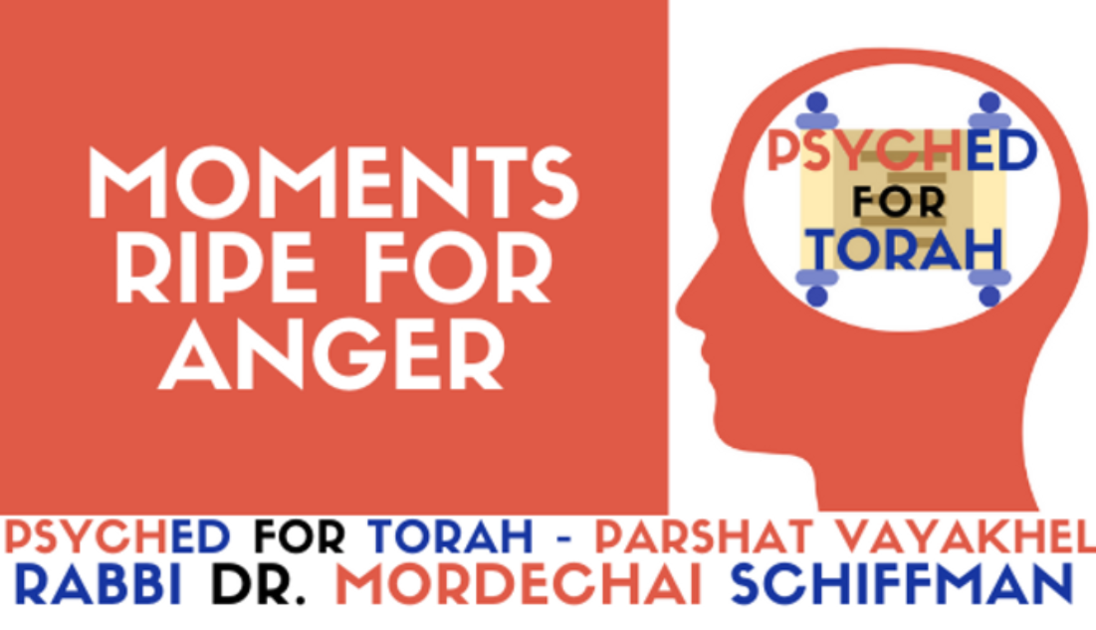
Before Moshe provides his long delineation of the details of the Mishkan, he begins with a brief message related to Shabbat, highlighting one specific prohibition: “you shall kindle no fire throughout your dwellings on the day of Shabbat” (Shemot 35:3). Commentators are bothered as to the connection between Shabbat and the Mishkan and why the location of “your dwellings” is singled out for the prohibition; surely the prohibition applies no matter where one is located. Rabbi Shmuel Goldin suggests that the reason “your dwellings” is singled out is to emphasize “the primacy of that fundamental unit – the centrality of which is underscored, over and over again, at critical points in Jewish history – the Jewish home.” Shabbat and the Mishkan are connected to teach us that “as central as the Sanctuary and Temple will be in your experience, their role will pale in comparison to that of your homes and families… The Sanctuary is meant to inspire and to teach, but the lessons it teaches will reach their fulfillment only within your homes.”
The Zohar famously sees the fire referenced in this pasuk as a metaphor for anger. One should not get angry on Shabbat. Why is the prohibition of anger emphasized only on Shabbat? Shouldn’t it be a problem on other days as well? Perhaps, since Shabbat is a symbol of peace, getting angry is so antithetical to the spirit of the day, that the problem of getting angry is accentuated on Shabbat.
Alternatively, while Shabbat is in theory emblematic of tranquility, it often does not translate well into practice. The Mishna requires that before Shabbat starts, we ask, “Have you tithed? Have you prepared the eruv? Light the candles!” But we are implored to say it with calmness because in the rush of Erev Shabbat, the sense of urgency makes it an apt time for anger, especially if those close to us are not subservient to our demands and timelines. Shabbat is also a time when people are home from work and families are united under the same roof for a long period of time without the distractions of a regular routine. The environment is ripe for anger, frustrations, and disagreements, so it is important to be mindful of our tone of voice, keeping it cool and level as we talk.
A related therapeutic strategy, also found in the Mussar literature, is to predict times we are prone to get angry and to imagine beforehand what will likely happen. After we become aware of how we usually would react in such a scenario, we rehearse in our minds how we can react effectively when that moment inevitably does surface. This way, when we are confronted with the rush of Erev Shabbat, or with the building frustrations that may surface on a long Shabbat afternoon, we are already equipped with an adaptive response.
It is incumbent upon us, both on Shabbat and during the week, to be aware of situations where we tend to get angry. By identifying these patterns, we can work better on being prepared with a healthier response. This will go a long way to maintaining and sustaining the beauty and sanctity of our homes and of Shabbat as we confront and respond to new challenges.



 Previous
Previous

